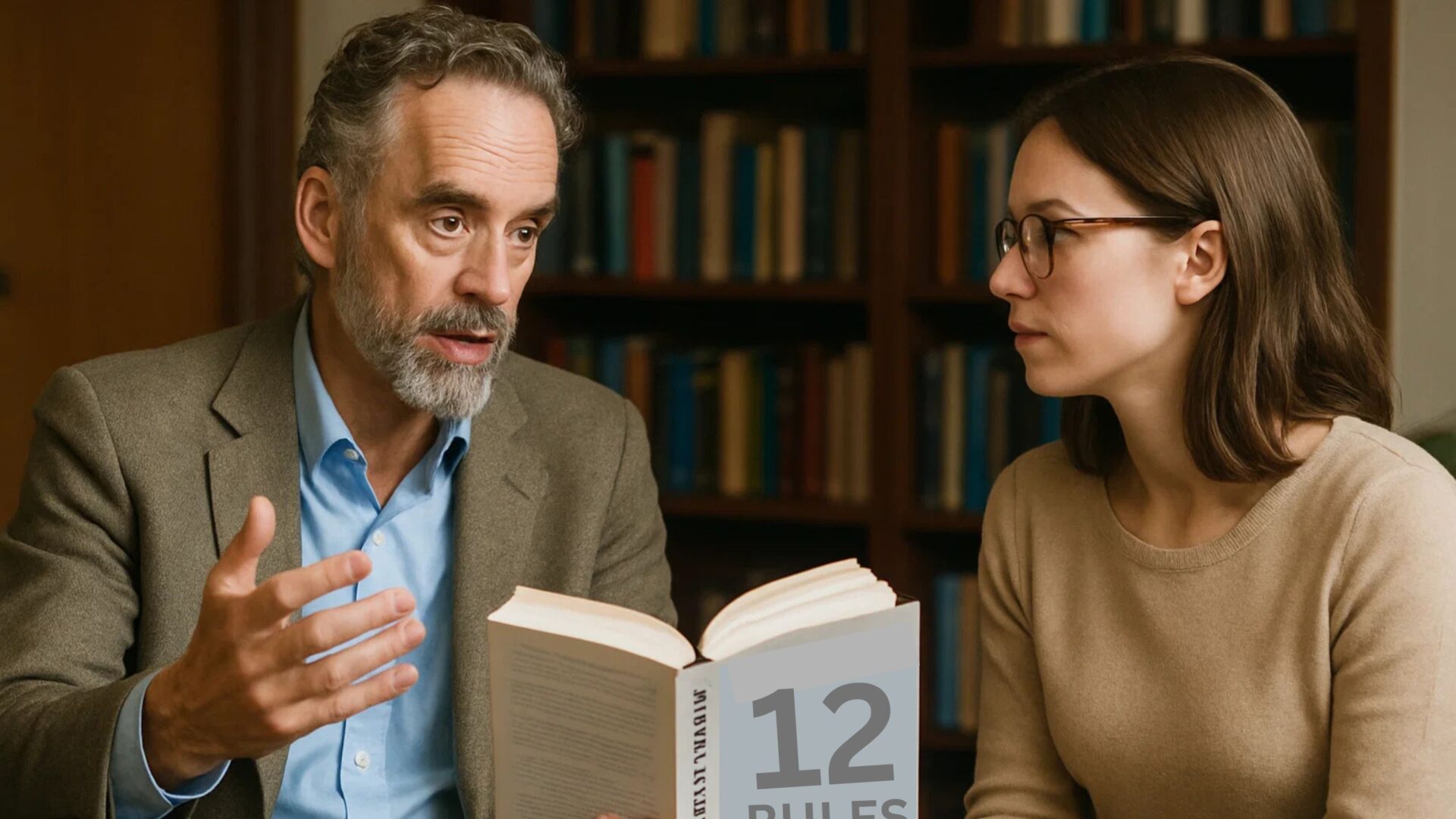Jordan B. Peterson: The Psychologist Who Redefined Modern Discourse
“It’s better to do something badly than to not do it at all.”
In an era of rising political polarization and digital noise, few psychologists have stirred as much global attention—and controversy—as Dr. Jordan B. Peterson. With a background in clinical psychology and a mind wired for myth, meaning, and morality, Peterson has evolved from a respected academic to a cultural lightning rod. Whether one agrees with his viewpoints or not, there is no denying the profound impact he has had on psychology, education, and broader public thought.
Academic Roots and Education
“When you have something to say, silence is a lie.”
Jordan Bernt Peterson was born on June 12, 1962, in Fairview, Alberta, Canada. His academic path began with a BA in political science and psychology from the University of Alberta (1982), followed by a PhD in clinical psychology from McGill University (1991). His doctoral work focused on addiction, personality theory, and the familial roots of alcoholism and mental illness. He later completed post-doctoral work at McGill’s Douglas Hospital.
Peterson served as an assistant professor at Harvard University from 1993 to 1998, where he earned praise for his work on aggression and substance abuse. He returned to Canada in 1998 to become a full professor at the University of Toronto, where he taught until taking a leave of absence in the late 2010s.
Psychological Work and Clinical Practice
“Compare yourself to who you were yesterday, not to who someone else is today.”

Although his public image is often linked to political debate, Peterson’s foundation is grounded in clinical psychology. For years, he ran a private practice where he worked with clients suffering from depression, anxiety, personality disorders, and career uncertainty. His therapeutic approach draws heavily from Jungian analysis, cognitive behavioral therapy (CBT), and existential philosophy.
Peterson emphasizes the importance of personal responsibility, goal-setting, and narrative identity—the idea that people live within stories and derive meaning from mythological structures. He encourages clients to confront chaos voluntarily, rather than retreat into comfort or ideological rigidity.
Books and Intellectual Contributions
“Tell the truth – or, at least, don’t lie.” — 12 Rules for Life
Peterson’s first major publication, “Maps of Meaning: The Architecture of Belief” (1999), is a dense, scholarly work that bridges psychology, mythology, religion, and neuroscience. It attempts to explain how human beings construct meaning, and how ideological possession can lead to tyranny and destruction. Though academic in tone, Maps of Meaning laid the foundation for his later, more accessible works.
His international breakthrough came with the bestselling “12 Rules for Life: An Antidote to Chaos” (2018). Combining personal anecdotes, biblical references, and psychological insights, the book offered advice such as “Stand up straight with your shoulders back” and “Tell the truth—or at least don’t lie.” It became a global phenomenon, translated into over 50 languages.
Its sequel, “Beyond Order: 12 More Rules for Life” (2021), continued this trajectory by addressing how to navigate complexity when systems break down, and why structure alone is not enough for a meaningful life.
Public Persona and Cultural Impact
Peterson rose to mainstream prominence in 2016, after opposing Canada’s Bill C-16, which proposed adding gender identity and expression as protected grounds under human rights legislation. He argued that compelled speech—forcing the use of preferred pronouns—violated free expression. His position sparked massive backlash but also launched him into global fame.
From YouTube lectures on the Bible to interviews on political shows, Peterson’s appeal crosses traditional boundaries. He is admired by some as a modern-day philosopher and criticized by others as a reactionary figure. Yet his lectures on personal responsibility, myth, and meaning attract millions—especially disaffected young men searching for structure and direction in a chaotic world.
https://www.youtube.com/@JordanBPeterson
Health Struggles and Personal Life
Behind the scenes, Peterson’s personal life has been marked by significant challenges. In 2019, he began suffering from complications related to a physical dependency on a prescribed benzodiazepine, which led to a dramatic and prolonged health crisis. He sought experimental treatment in Russia and later in Serbia, enduring months of debilitating side effects and recovery. This period also coincided with his wife Tammy’s cancer diagnosis, deepening the emotional strain.
Despite these setbacks, Peterson returned to the public eye, continuing his lectures, interviews, and podcasts. His daughter, Mikhaila Peterson, has also built a public profile through her health blog and podcast, often discussing their family’s unique medical journeys.
Legacy and Controversy
“Work as hard as you possibly can on at least one thing and see what happens.”
Peterson is a polarizing figure: hailed as a voice of reason by some and criticized as dangerously conservative by others. But his psychological work on personality, meaning-making, and narrative remains relevant across ideological lines. He popularized academic insights in ways few psychologists have achieved in recent decades.
As a professor, clinician, writer, and cultural critic, Jordan B. Peterson has rekindled interest in big questions—about truth, responsibility, faith, suffering, and identity. Whether viewed as a prophet or provocateur, his influence on psychology and society is undeniable.
Selected Works:
-
Maps of Meaning: The Architecture of Belief (1999)
-
12 Rules for Life: An Antidote to Chaos (2018)
-
Beyond Order: 12 More Rules for Life (2021)



